Virgin takes over the East Coast main line
Trainspotters and passengers will initially see little difference compared with the East Coast Trains franchise - all frontline staff are being kept on
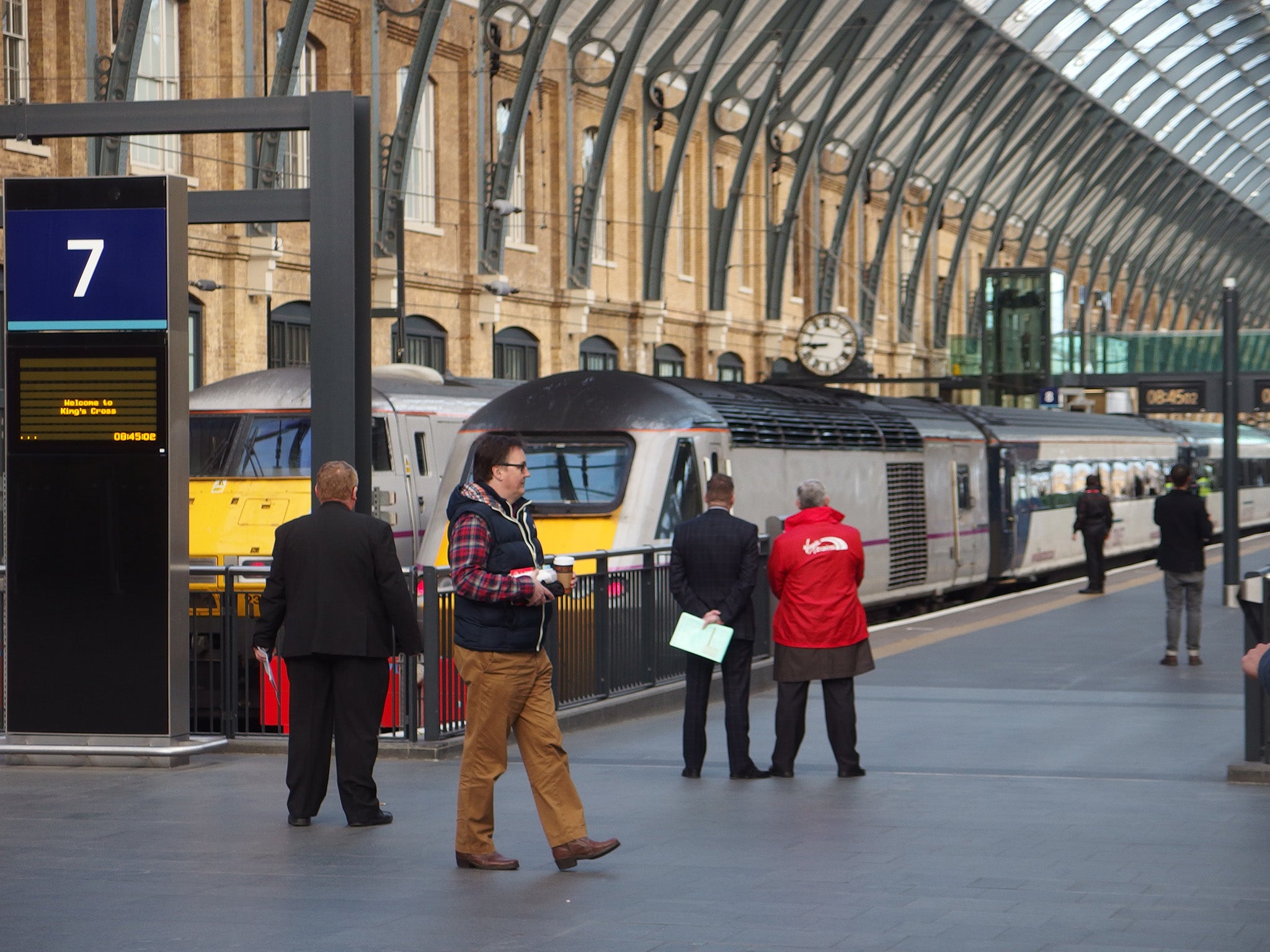
Your support helps us to tell the story
From reproductive rights to climate change to Big Tech, The Independent is on the ground when the story is developing. Whether it's investigating the financials of Elon Musk's pro-Trump PAC or producing our latest documentary, 'The A Word', which shines a light on the American women fighting for reproductive rights, we know how important it is to parse out the facts from the messaging.
At such a critical moment in US history, we need reporters on the ground. Your donation allows us to keep sending journalists to speak to both sides of the story.
The Independent is trusted by Americans across the entire political spectrum. And unlike many other quality news outlets, we choose not to lock Americans out of our reporting and analysis with paywalls. We believe quality journalism should be available to everyone, paid for by those who can afford it.
Your support makes all the difference.Britain’s newest rail franchise began not with a train, but with a bus. Weekend engineering works meant the first Virgin Trains East Coast departure - the 7.45am from Leeds - was a bus replacement service to York. Here, passengers transferred to the first actual train of the new franchise operator. It arrived at London King’s Cross, the terminus for Sir Richard Branson’s latest venture, 26 minutes early - a reflection of the “padding” added to Sunday schedules.
The Virgin founder has a 10 per cent stake in Inter City Railways, the company running the East Coast franchise; the remainder belongs to Stagecoach, the Perth-based transport giant.
Sir Richard said: “Over the next few years passengers can look forward to the introduction of new trains and technology, faster and more frequent journeys, station enhancements and improved customer support.”
Trainspotters and passengers will initially see little difference compared with the East Coast Trains franchise that has run services on Britain’s flagship network since 2009. All frontline staff are being kept on; for long-serving railwaymen and women, the new operator will be their fifth employer in two decades.
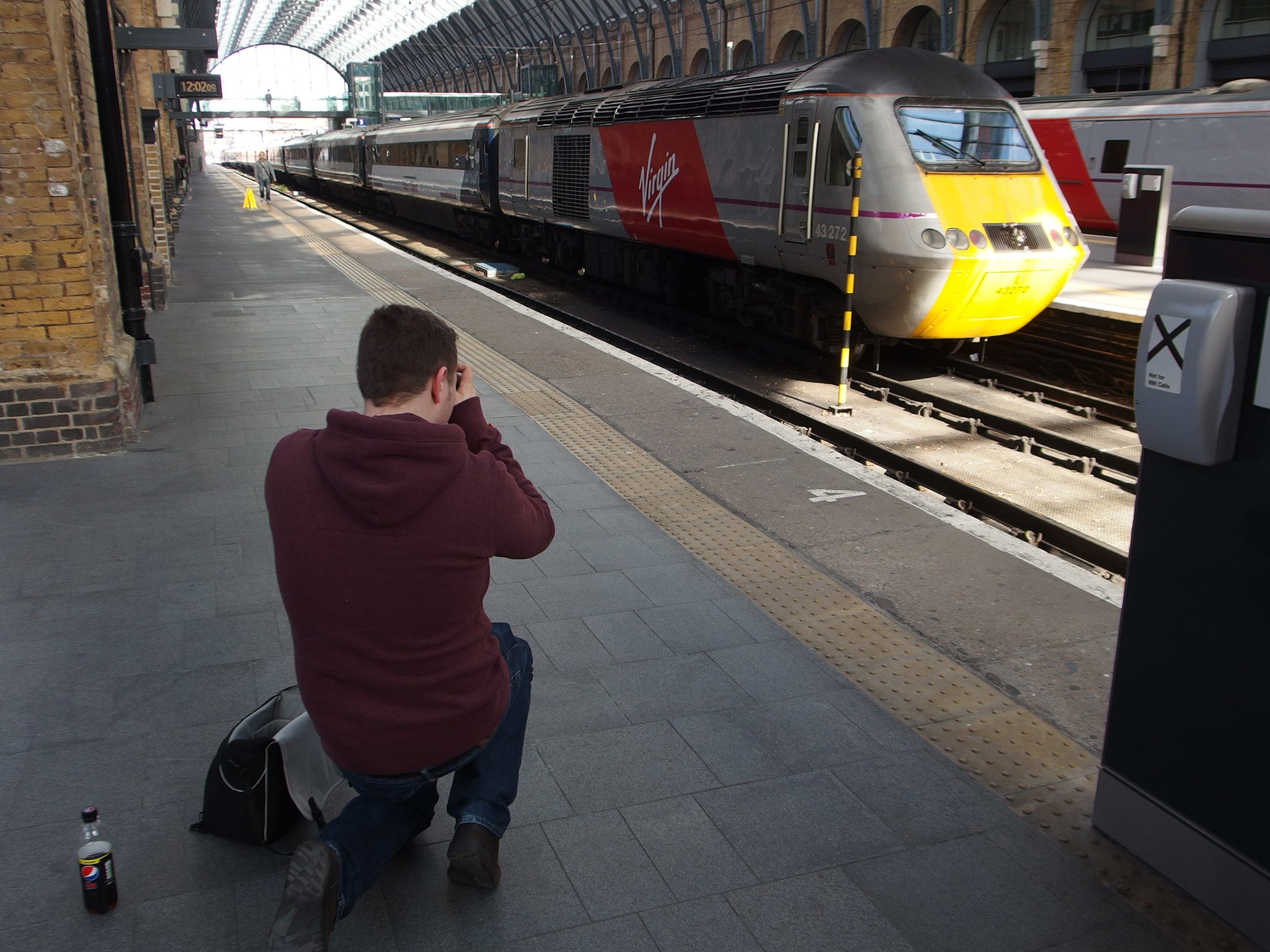
The first train from King’s Cross, the 8.45am to Aberdeen, was a diesel service that used rolling stock dating from the 1970s. Apart from the exterior re-painting and some interior refurbishment, the trains will remain the same for three more years. The network, however, will be extended in December to Stirling and Sunderland. New services to Huddersfield and Middlesbrough are due to follow, and the number of trains to “non-core” stations such as Lincoln and Harrogate will increase.
In 2018, 65 new Hitachi Super Express trains will begin to be deployed on the network. By May 2019 the London-Edinburgh journey is to be cut by 20 minutes to four hours, with London-Leeds trains at or below two hours. By 2020, the aim is to have 50 per cent more capacity than today.
Mark Smith, the founder of the Seat 61 rail website, said: “There's a lot of positive things in the new franchise.”
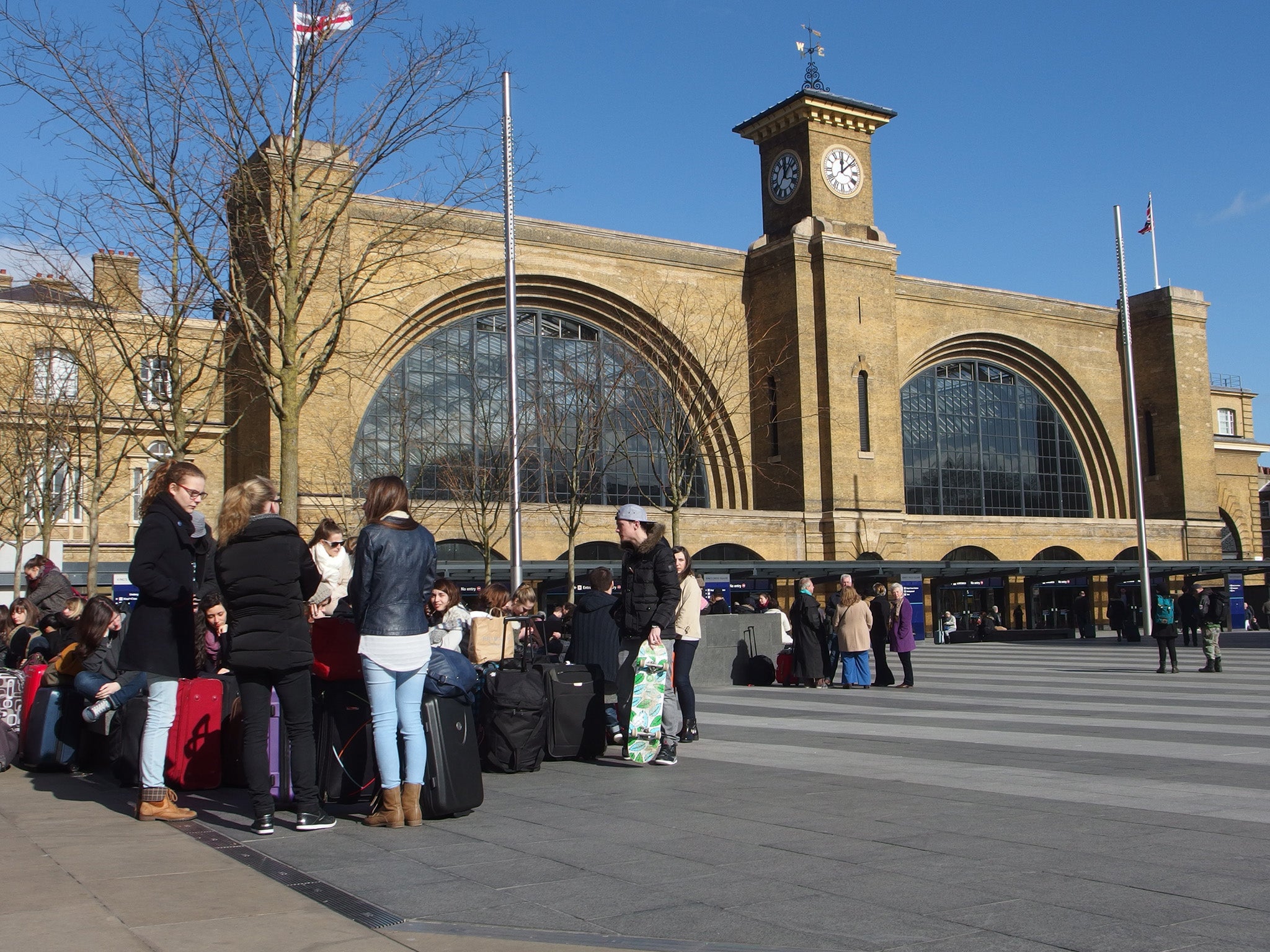
But union leaders and Labour politicians have deplored the re-privatisation of Britain’s flagship railway. It has been publicly run since 2009, when National Express defaulted on the franchise. The previous operator, GNER, had been stripped of the franchise in 2007.
The shadow rail minister Lilian Greenwood said: “This is a service that the government rushed to privatise without even allowing the publicly owned British operator to bid for the route. Labour will end the bias against the public sector and institute a new body for running the railway which will have a strong voice for passengers at its heart.”
Manuel Cortes, leader of the TSSA rail union, called the franchise award “a national disgrace” and said: “Here we had the best value franchise which has returned £1 billion to taxpayers over the past five years, twice as much as Virgin has managed on the rival West Coast line,” he said.
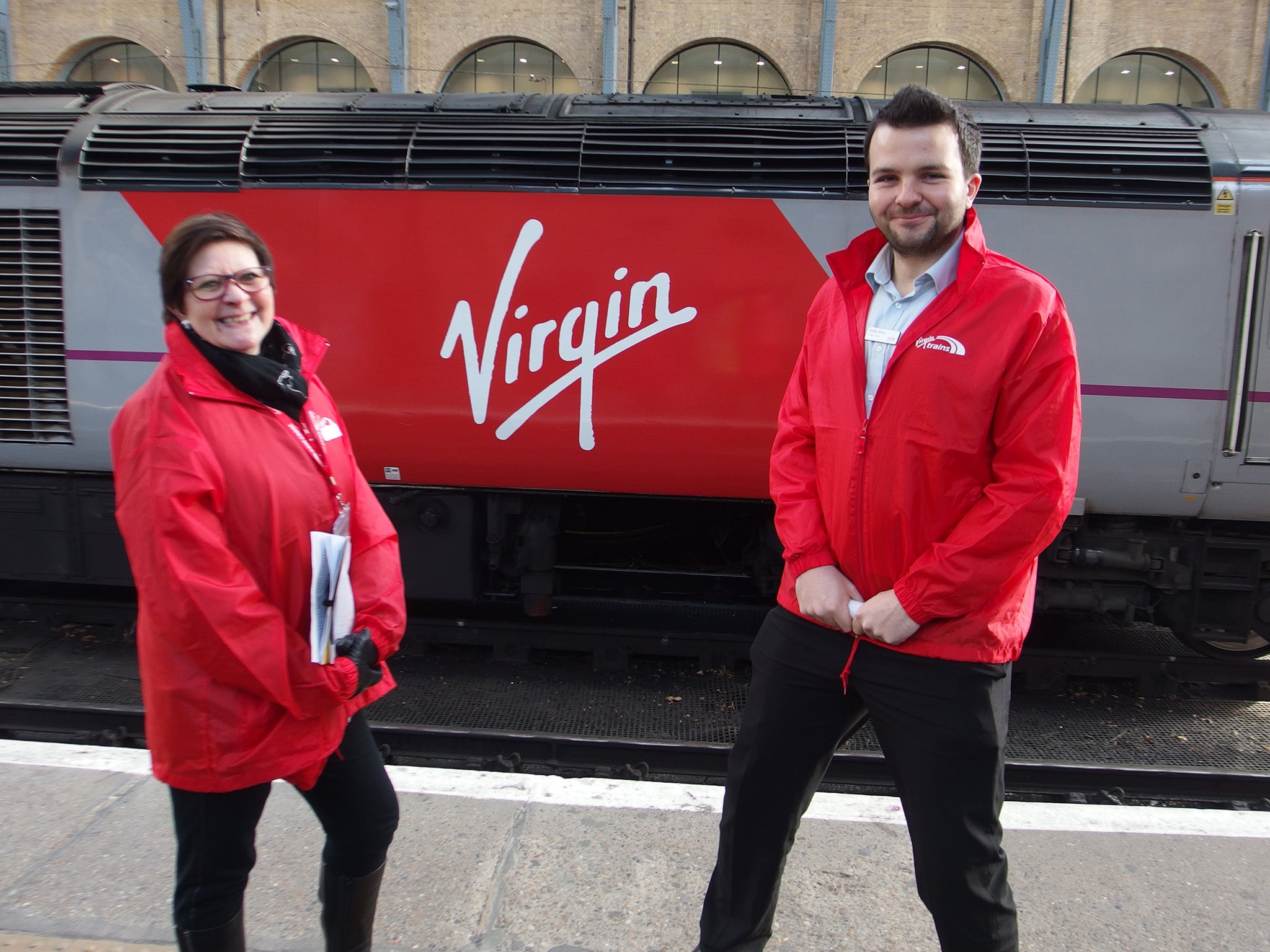
The general secretary of the RMT rail union, Mick Cash, described the change as “An act of gross national betrayal of the British people that will cost us dear.”
Directly Operated Railways, which has been managing the franchise for the past six years, made handsome profits for the Treasury.
Inter City Railways is expected to pay an even bigger premium: £2.3bn over the eight years of the franchise. However, a large chunk of that will derive from new business created by taxpayer funded improvements.
A unique aspect of the franchise award is the promise to cut Standard Anytime fares for long-distance journeys from London and Stevenage by one-10th. But Mark Smith said: “Knocking 10 per cent off the megabucks business-orientated Anytime tickets is irrelevant for ordinary mortals. Only business travellers benefit, and they don't care as the company is paying.”
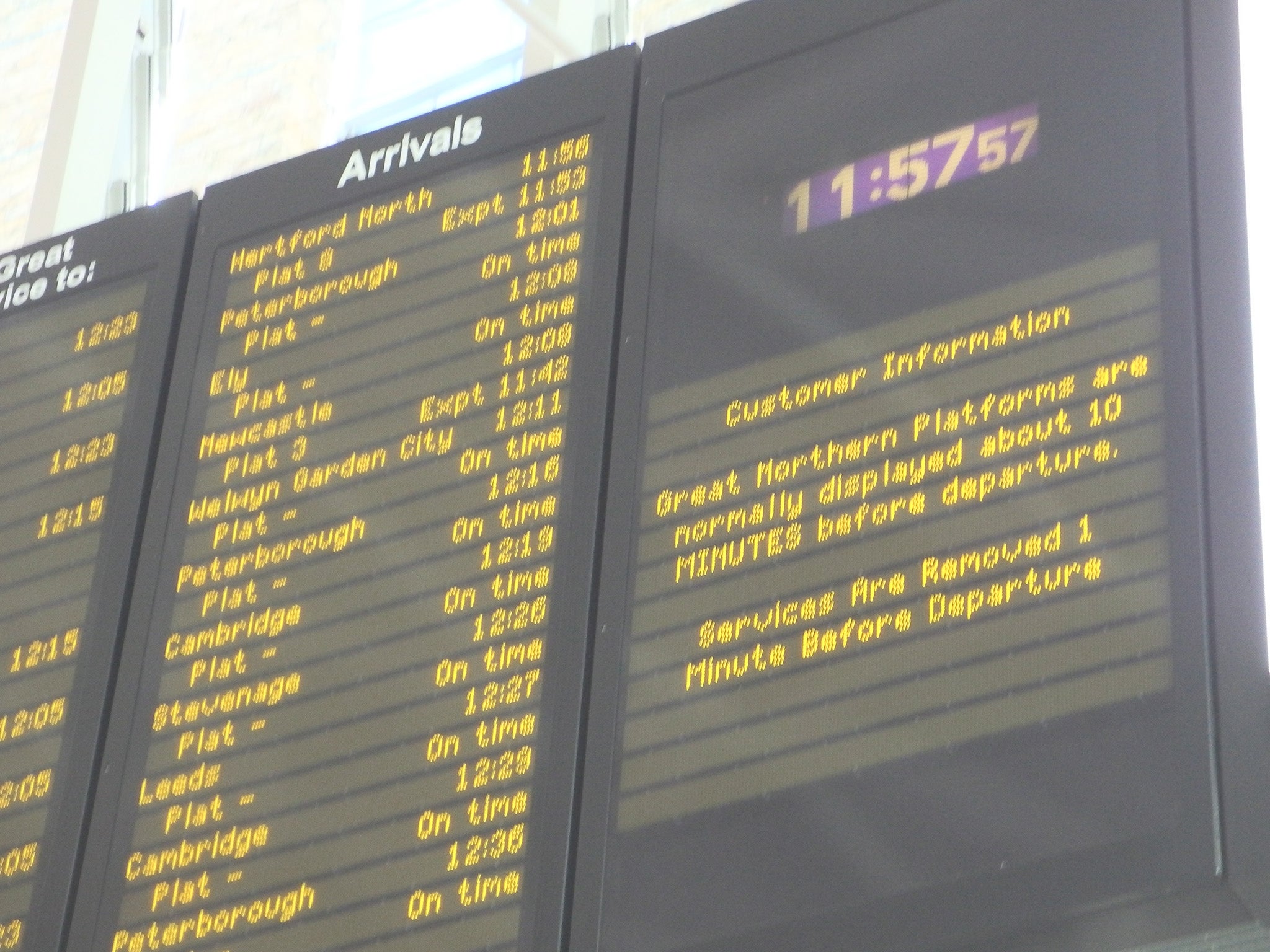
The move will highlight the extremely high fares on the other Virgin franchise, on the west coast. At present the Standard Anytime one-way fare between London and Edinburgh is £156.50, which should fall to £141. This compares with a London-Manchester ticket, covering less than half the distance, of £164.50.
The award means that the three main north-south lines are all run by Stagecoach and Virgin. The two companies already operate west coast main line services from Euston in a 49:51 partnership, while East Midlands Trains - connecting St Pancras with Leicester, Derby, Nottingham and Sheffield - is owned by Stagecoach.
In addition, Virgin Atlantic flies from Heathrow to both Edinburgh and Aberdeen, though these services will end in October.
The first train in the full Virgin East Coast livery will be unveiled on Monday morning at King’s Cross.
Additional research by Miranda Wadham
Join our commenting forum
Join thought-provoking conversations, follow other Independent readers and see their replies
Comments